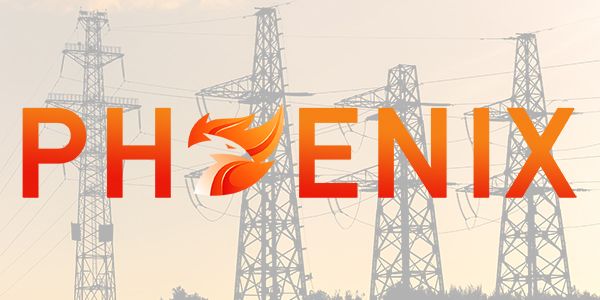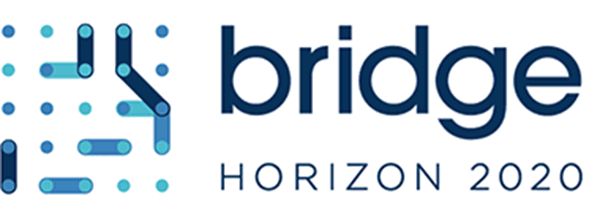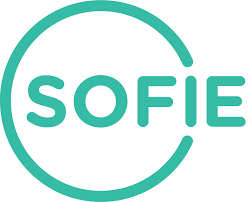The PHOENIX Project Achievements Summary

Being at the end of the PHOENIX project, we would like to distinguish its biggest results, achieved with the cooperation of various partners, representing different environments. Overall the project has progressed very well and is on track with expectations, whereas the achievements have been implemented and demonstrated. The project has a potential to deliver significant and high quality results.
The PHOENIX Project is coming to an end and we are ready to share our achievements. The project has 24 collaborative partners in different energy sectors, including commercial and academic partners, as well as DSOs (Distribution Network Operators), TSOs (Transmission System Operators) and End Users. PHOENIX project has managed to reach all its initial targets, thanks to the successful collaboration of the partners.
PHOENIX aimed at providing a cyber-shield armour to European Electrical Power and Energy Systems (EPES) infrastructure. It worked on the coordination of EPES cyber incident detection and then, consequently, the response to it and the recovery. The project worked to accelerate research and innovation in EPES cybersecurity. The effectiveness of the PHOENIX framework was under validation across 5 European Large-Scale Pilots (LSPs), involving the complete end-to-end generation, transmission, distribution and prοsumption value chain. Finally, after 37 months of work, the project managed to achieve many successful results. Sharing the project between several work packages, multiple areas were examined and developed, giving some progressive technical advancements.
The project targeted to Strengthen EPES cybersecurity preparedness. That led to achieving several advances, that increased the PHOENIX security platform capacity in terms of incidents monitoring, early attacks identification and mitigation. Secure and Persistent Communications (SPC) implemented a Cloud Native paradigm that transparently and dynamically provide secure and dynamic communications between services. PHOENIX delivered the Universal Secure Gateway (USG), which is a secure network edge device, directly connected with existing EPES. The target was also directed to coordinate EPES cyber incident discovery, response and recovery.
Based on the precise analysis, PHOENIX has crafted the methodology on threat detection, risk assessment and mitigation. Moreover, guidelines for the design of unknown threat identification systems have been proposed. PHOENIX has also analyzed different methodologies for the identification and ranking of threats to IT systems. The project has designed and developed an innovative and high-performance GPU (graphics processing unit) based machine deep learning (ML) framework. Furthermore, a novel, self-learning Incidents Mitigation and Enforcement Countermeasures (IMEC) mechanism was developed, that aimed at cyber-human incidents, attacks and accidents mitigation. To technical achievements we can also include the Privacy Protection Enforcement (PPE) development for managing sensitive and confidential data using mutual auditability signatures and advanced consent. The PHOENIX I2SP (Incidents Information Sharing Platform), that enables secure communication of CTI (Cyber Threat Intelligence) data, has been developed. The project has refined the original threat scenarios and attack trees.
The project hasn’t progressed only within the technical area. PHOENIX has become a founding member of Cybersecurity Innovation EPES cluster, being active with the contribution to it. Additionally, the PHOENIX team showed active participation at well-reputable events like Enlit Europe, Cyber4Energy, CIPRE. The project worked on the development of certification methodologies and procedures. The project has been actively involved in the BRIDGE initiative of the European Commission. 3 Open Access Journals and 5 Conferences papers have been prepared during the project timeline. The PHOENIX experience was shared with the participants during the Final workshop, leading to valuable discussion with the expert’s panel. The PHOENIX project is marked as a success, receiving the overall positive feedback from the Advisory Board, leaving all contributors proud of its achievements.












